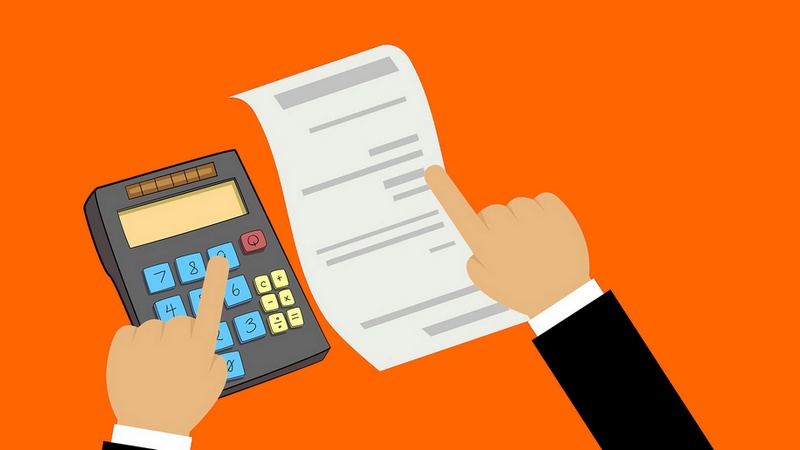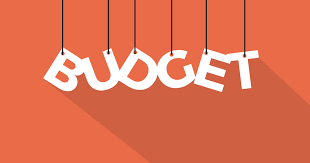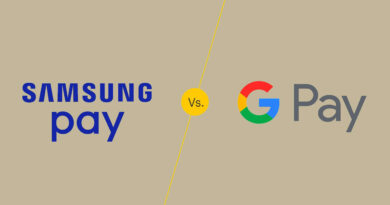How to budget expenses for a small business

TIPS FOR ENTREPRENEURS
Table of Contents
how to make a business expense budget Entrepreneurs or department heads of a company often wonder how to make an expense budget . Today we are going to see some tips to try to hit the target. The difficult thing is, as always, to achieve achievable goals, but that also suppose an optimization of resources. It is a task in which all workers must be involved, and especially those with variable expenses, such as the sales force.
How to make an expense budget in a company already underway
recording expenses
When the business has been running for a while, the great advantage is that practically all the expenses that the company may incur are already known. The first measure to be able to make a budget is without a doubt to have registered all the items, with at least one year of history, and even better if there are more references.
This registration has to be done by associating each expense to a category, following the principles of analytical accounting that you have wanted to adopt in your business.
How to set spending targets for the new budget?
Four elements must be taken into account.
Surely, in the expenses of the previous year, there are items that could have been dispensed with , or that are not going to be repeated because they were exceptional expenses.
Also, if you analyze each cost line carefully, you will realize that there are some elements that you could optimize , for example, using a cheaper provider, or an alternative solution. You can estimate the corresponding savings.
It is also logical to include the impact of inflation , especially in those last few months. Energy, salaries and other items may cost more next year. It would not be logical to ignore that fact.
Finally, just as there were unforeseen expenses last year, it makes sense to include a bit of room for the imponderable .
With all this data, you will be able to have the necessary information to determine an expense budget, item by item, both for a company as a whole and for a specific department.
Some typical expenses that you have to look at in detail
Travel and representation expenses
In most companies, it is normal for some workers, particularly commercial and executives, to have expenses associated with their trips outside the company. We are talking about plane and train tickets, hotel nights, restaurants, rental car, gasoline, etc.
To control these expenses, procedures can be put in place, setting strict rules on the budget allowed for each type of service. But other solutions can also be used. For example, you can think about the advantages of prepaid cards for those expenses. The worker is given an amount for his expenses, and he does not have to advance the money. And the company knows that it will not spend more than what was loaded on the card.
Incentive systems can also be put in place for those who have more thrifty behaviour, so that they take part of the money they manage to save for the company.
personnel expense
It is usually the main amount in many companies, especially in the service sector. The advantage is that it is usually easy to anticipate , because salaries are already known, and also the conditions for updating remuneration, marked by collective agreements or the increase in the CPI.
The most delicate part may be estimating the incentives , but, having sales forecasts, it is not so complicated to evaluate the amounts that will correspond to the variable remuneration.
Facilities, energy and supplies expenses
If you rent premises or an office, the price is normally determined in the contract, and can be easily estimated by applying an update based on the reference index , which is usually the CPI.
Energy expenses are more difficult to anticipate, especially in these uncertain times. But there are providers that offer fixed electricity prices, so the cost will only depend on the estimated consumption for the future, something a little easier to calculate.
For other supplies, such as telecommunications, the cost of the previous year can be taken as a reference, and budgets can be requested from various suppliers to try to obtain better conditions.
Make an expense budget in a new company
When you start a new business project, the main problem is that you do not have historical references for the expense budget. However, there are alternatives to preparing that part of your business plan .
Make a census of all the media you are going to need
Before starting to estimate expenses, you have to spend some time reflecting on the means and services that you will need to run your business. Issues like the location or the staff are obvious, but there are many other things that you may not have taken into account. From licenses and taxes to subscription services, consultants, cleaning and others, you will have to register everything you need.
Find real examples of other similar companies
Then there is the problem of correctly estimating the amounts corresponding to those means. One of the best ways to have reference figures is to go to real cases of companies similar to yours. Just take a look at the annual accounts published in the commercial registry , and, with a bit of luck, you will be able to have clearer ideas about some concepts.
Request many quotes from suppliers
Sometimes there is a big difference between the prices of the providers, for services and products that seem equivalent. Therefore, you must be careful and ask for several budgets . Because, if you extrapolate everything from the data of a low cost provider or a luxury provider, you could have very low or very high estimates. At first, it is probably best to start with a middle hypothesis, and then refine it with experience.
It is better to err on the side of pessimism
A great truth regarding the economic forecasts of a new company is that entrepreneurs tend to be optimistic . They minimize expenses, and estimate an overly optimistic income, even after having thought about it and cut their forecasts. The reality that most businesses take time to start, and that there are always expenses that you had not anticipated . So it is better, in the case of a new business, to be pessimistic about expenses, and then have good news, than the opposite.



